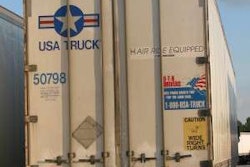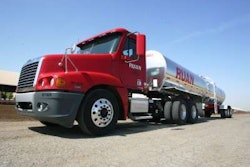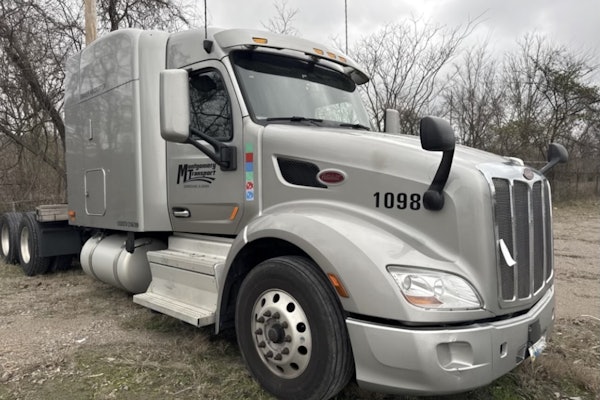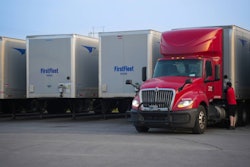Con-way Freight announced on Tuesday, Jan. 19, that it has launched a major network re-engineering that will cut transit times by one day to 460 U.S. destinations, while decreasing the company’s carbon footprint. The company says the initiative also will lead to reduced re-handling and fewer service exceptions, improved on-time delivery and a more efficient operation. Major lanes affected include those between Southern Texas and the Northeast, Chicago and Southern Florida, and Chicago and Southern Texas.
“At Con-way Freight, we’re always looking for ways to improve service performance for our customers and lessen our impact on the environment,” says Greg Lehmkuhl, executive vice president of operations for Con-way Freight, based in Ann Arbor, Mich. “Now, advanced technology has enabled us to continuously evaluate ways to move freight more efficiently and directly from origin to destination, reducing miles, handling and fuel consumption along the way. This network re-engineering will reduce transit times for our customers, while helping them control inventory, manage supply chain costs and ultimately get product to market faster.”
Since the launch of an enterprisewide sustainability initiative in early 2008 by parent company Con-way Inc., Con-way Freight has been continually identifying and adopting practices and technologies to improve service and operating efficiency while reducing carbon emissions. The company says the latest network re-engineering initiative improves density over the shortest, most direct routes and will allow Con-way Freight to reduce total operating miles per year by 16.6 million. The move will enable the company to conserve a projected 2.6 million gallons of diesel fuel annually, eliminating about 58.6 million pounds of carbon emissions from the environment, which is equal to removing more than 5,200 automobiles from America’s highways.
An earlier network re-engineering initiative implemented in late 2008 achieved operating efficiencies and service and sustainability benefits, reducing total miles driven annually by more than 31 million. The reduced miles equated to a reduction in carbon emissions of more than 100 million pounds, which would equate to the removal of more than 9,900 cars from the U.S. road system.
To create the network re-engineering announced today, a cross-functional team used advanced simulation modeling technologies and business intelligence tools to pinpoint opportunities to maximize service performance, efficiency and asset utilization. In the Northeast to Southern Texas lanes, for example, the team engineered network changes to yield a 20 percent reduction in handling and a decrease in transit times from four to three days, a 25 percent improvement.
“The changes made possible through our predictive modeling technology are part of a long-term approach to continuous improvement and optimized network design that maximizes the use of our existing infrastructure,” Lehmkuhl says. “We’ve been a proven and stable carrier for customers for more than 25 years now, and today’s re-engineering will help us continue that tradition and our mission to provide the best LTL service in the marketplace. Our sustainability efforts are real, too. To be able to say we’ve taken steps to reduce our carbon footprint equivalent to removing more than 21,000 automobiles from the road is an added benefit to the core business advantages.”











